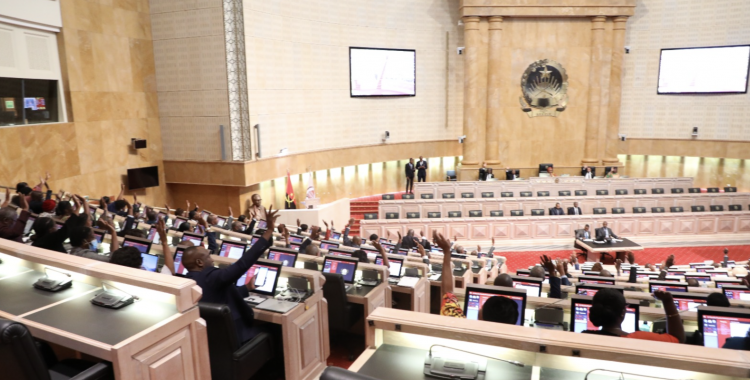"Here the big challenge is the risk of passing a law to defend the interests of the State's leaders, and not exactly of the nation", the president of Mãos Livres, Guilherme Neves, told Lusa, commenting on the proposed Law that will be discussed at the generally by the Angolan parliament.
The leader of the human rights NGO also expressed skepticism, "taking into account the country's history", regarding the legal diploma: "Our fear also, in the specific case of our reality, is the fact that the legislator could approve a Law of National Security that will bring implications of an authoritarian State, in a democratic State and of Law as is the case of Angola", he stressed.
For Guilherme Neves, Angola needs a National Security Law that meets the consolidation of democracy, sovereignty, fundamental rights and freedoms and "not to create a norm that could make [the legislation] repressive with the justification of security of State".
"So, we need to be careful", he noted, considering that, in the African experience, laws on national security "have always expressed the opposite in their content".
The National Security Law appears as a measure that secures the nation as a whole, "and which is concerned with the preservation of an independent and sovereign State, but the security of the nation cannot be confused with the security of the Government", he concluded.
The proposed Law, which aims to conform the current organization and functioning of the security system to the principles and norms established in the Angolan Constitution, will be discussed and voted on in general in the National Assembly on Thursday.
The diploma also proposes to guarantee the safeguard of national independence and sovereignty, defense and territorial integrity, the democratic rule of law, the security of populations and their property, as well as the protection of national heritage.
Since last week, Lusa has tried to listen to the parliamentary groups of the Popular Movement for the Liberation of Angola (MPLA) and the National Union for the Total Independence of Angola (UNITA) about the importance of this law, but without success.
MPLA and UNITA deputies contacted by Lusa promised to speak on the subject, but later expressed their unavailability, without any justification.







